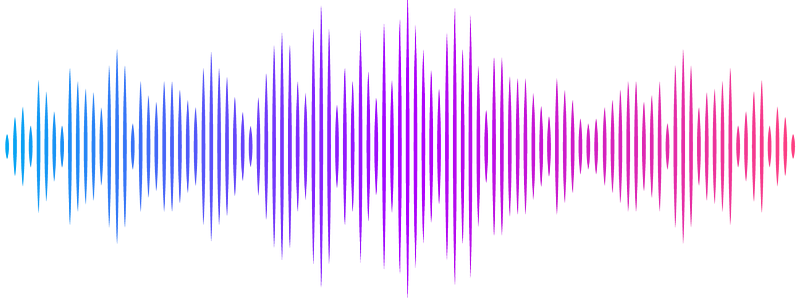Sex- and estrous-specific effects of paradoxical (REM) sleep deprivation: Neurobehavioral changes and hippocampal neuroinflammation

Sex- and estrous-specific effects of paradoxical (REM) sleep deprivation: Neurobehavioral changes and hippocampal neuroinflammation
Olsen, L. K.; Jones, K. A.; Moore, R. J.; McCubbins, H. C.; Curtner, F. S.; Sharma, B.; Hatcher-Solis, C. N.
AbstractWith millions suffering from sleep disorders in today's modern society, a better understanding of sleep disruption related cognitive outcomes is urgently needed. To that end, a preclinical investigation into the effects of sleep deprivation (SD) on neurobehavioral outcomes and associated hippocampal neuroinflammation was conducted in male and female rats. Due to epidemiological identification of sex differences in many aspects of sleep disorders, sex and estrous cycle stage factors were investigated. Sprague-Dawley rats underwent 120 h of paradoxical SD using a modified multiple platform 'flower pot' method. At 96 h SD, animals were trained on neurobehavioral Novel Object Recognition (NOR) and Passive-Avoidance Task (PAT) paradigms. Prior to NOR/PAT testing at 120 h SD, Elevated Zero Maze (EZM) assessed anxiolytic-like behavior. SD impaired PAT performance among males and females. Anxiolytic-like and locomotor behavior was increased and NOR performance impaired in males after SD. Estrous cycle stage determined by cytological analysis of daily wet smears found females to exhibit estrous-specific differences across all neurobehavioral paradigms, with increased anxiolytic-like behavior and impaired PAT performance only among SD females in estrus. Immunohistochemical analysis of the hippocampus after 120 h SD found microgliosis, but not astrogliosis, in the CA1/2 of males and females in estrus. This study contributes to a better understanding of sex- and estrous-specific difference in sleep disruption induced neurobehavioral outcomes and associated hippocampal inflammation. Further research is needed to investigate the molecular mechanisms underlying the interaction between estrous cycle, hippocampal microgliosis, and sleep disruption cognitive outcomes.